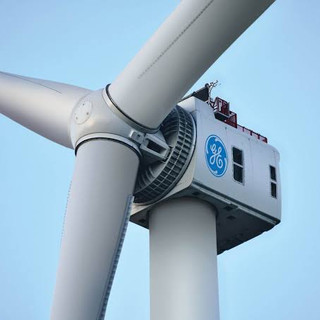Siemens Gamesa gets GE wind turbines banned in US patent dispute
- IP News Bulletin
- Sep 10, 2022
- 2 min read
On Wednesday, a federal judge in Boston blocked General Electric Co. from manufacturing and selling its Haliade-X wind turbines in the United States, following a jury finding that the turbines infringed a patent owned by rival Siemens Gamesa Renewable Energy A/S.
According to U.S. District Judge William Young, Siemens Gamesa was entitled to the ban because the infringement caused irreparable harm, including a significant loss of market share to GE.
Young also permitted GE to continue manufacturing and operating turbines for current projects off the shores of Massachusetts and New Jersey in exchange for royalty payments to Siemens Gamesa, and stated that GE might "design around" the patent in the future.
In a statement, GE Renewable Energy said it is "exploring all legal alternatives to ensure that we can continue to assist the growth of offshore wind in the United States, including an appeal of today's verdict."
Siemens Gamesa and its lawyers did not react promptly to a request for comment. In a lawsuit filed in Virginia last year, GE accused Siemens Gamesa's majority owner, Siemens Energy AG, of stealing gas turbine trade secrets. The case was later settled.
Siemens Gamesa filed the case against GE in Massachusetts in 2020, alleging that GE's Haliade-X turbines infringed on its wind-turbine technology patents. Siemens Gamesa demonstrated that the patent infringed by GE "provides a critical element for the functionality of wind turbines," allowing for larger motors and minimising the likelihood of turbine failure.
GE's unsuccessful arguments against the injunction included that Siemens Gamesa should not obtain the ban because it had already been awarded royalties.
Young argued that the ongoing projects in Massachusetts and New Jersey should be immune from the injunction, citing the "rapidly emerging climate disaster" and the "thousands of employment" created by the projects.
The state of New Jersey stated in a court brief last month that implementing the injunction to the project there would have "detrimental economic repercussions to New Jersey's budding offshore wind construction and service industry" and "endanger its greenhouse gas policy objectives."










Comments